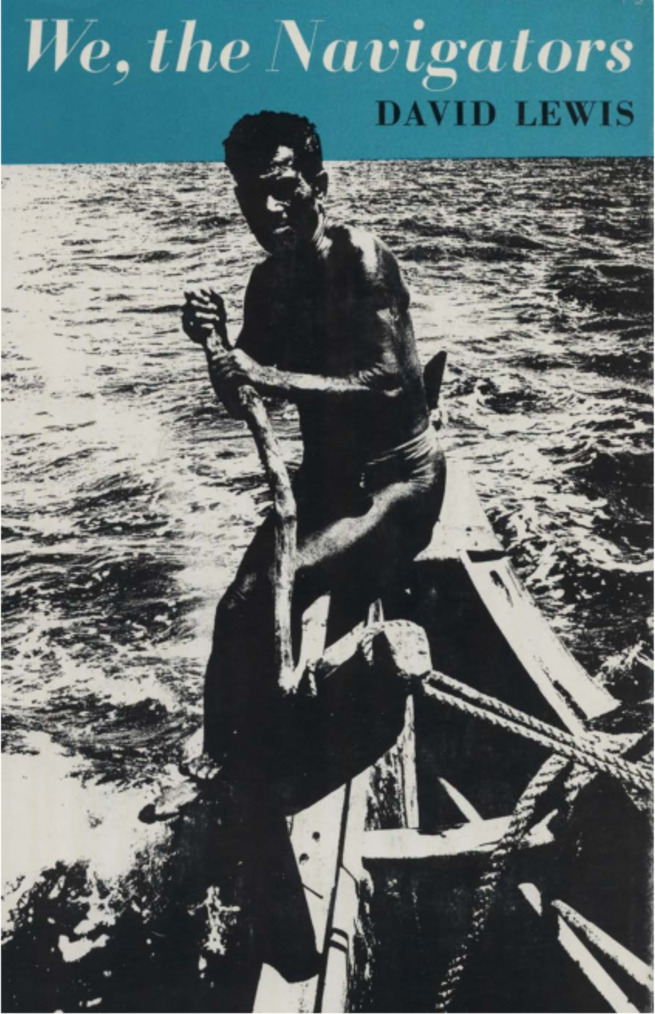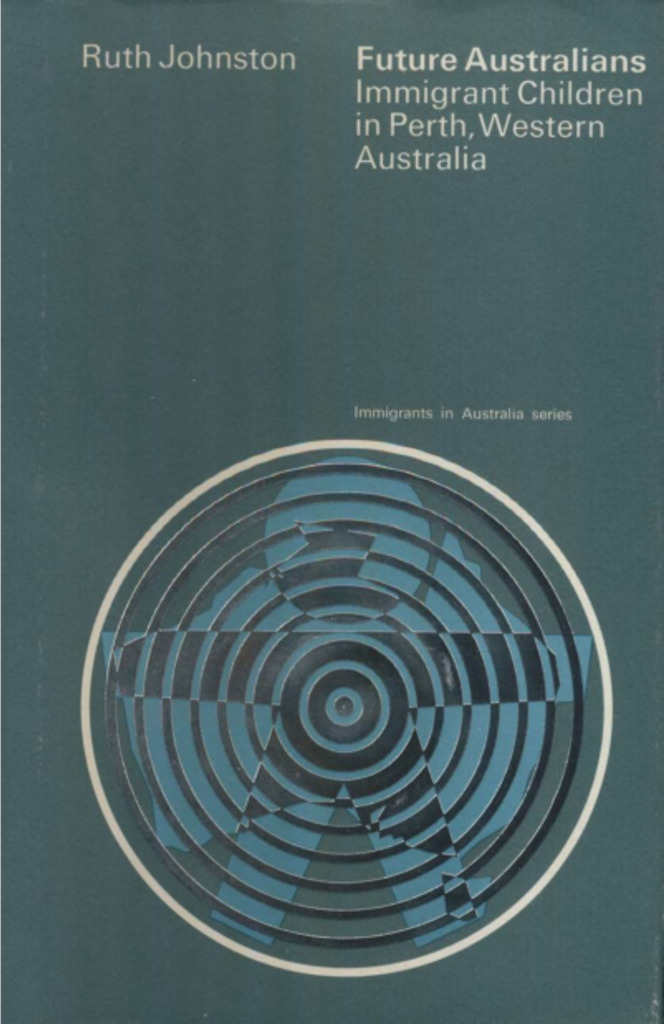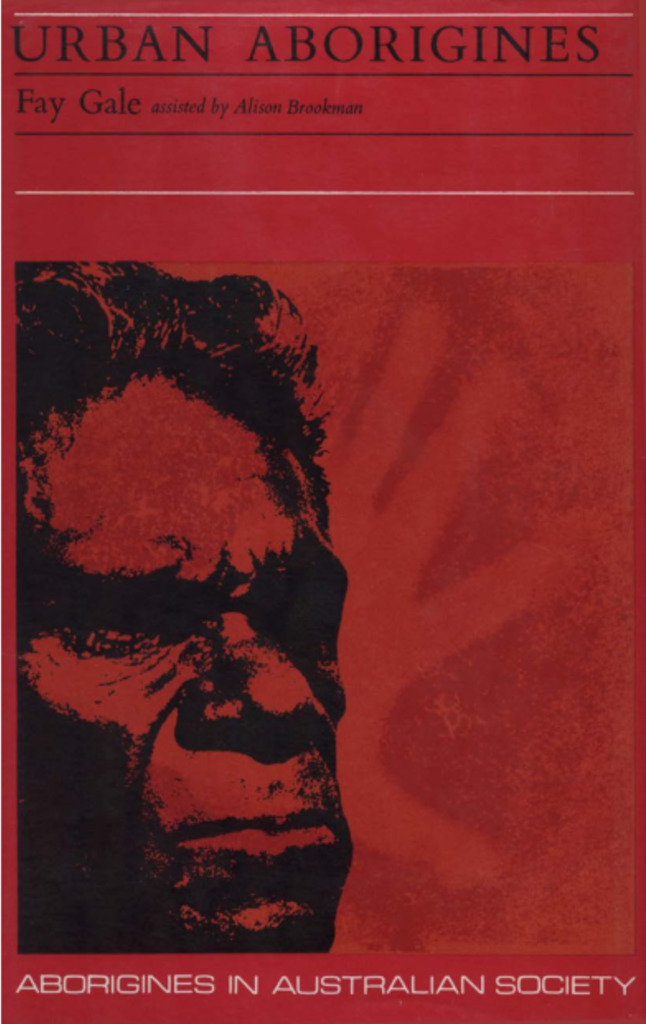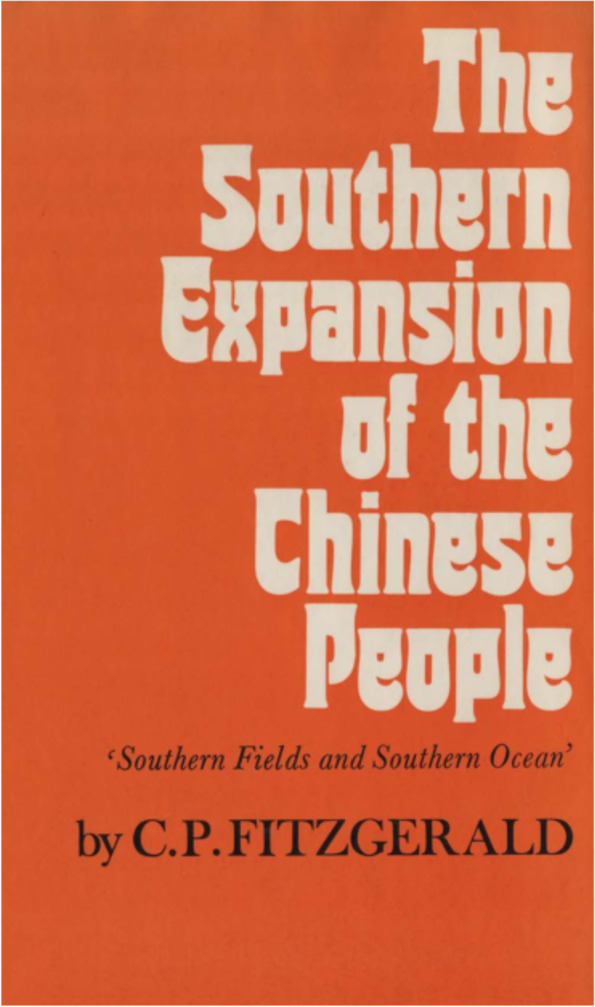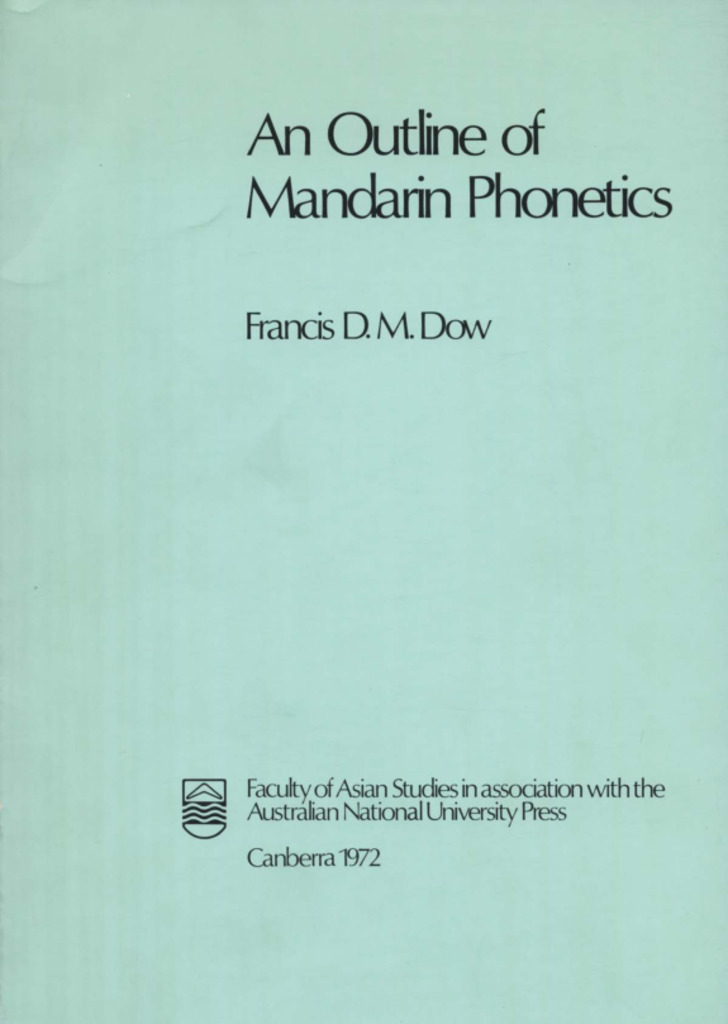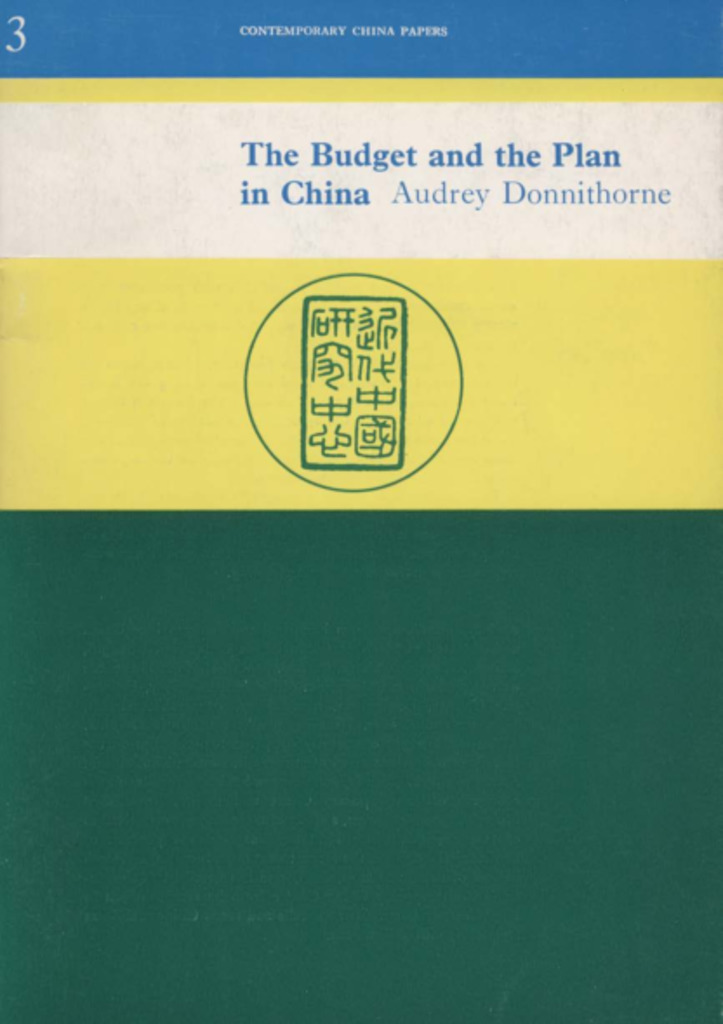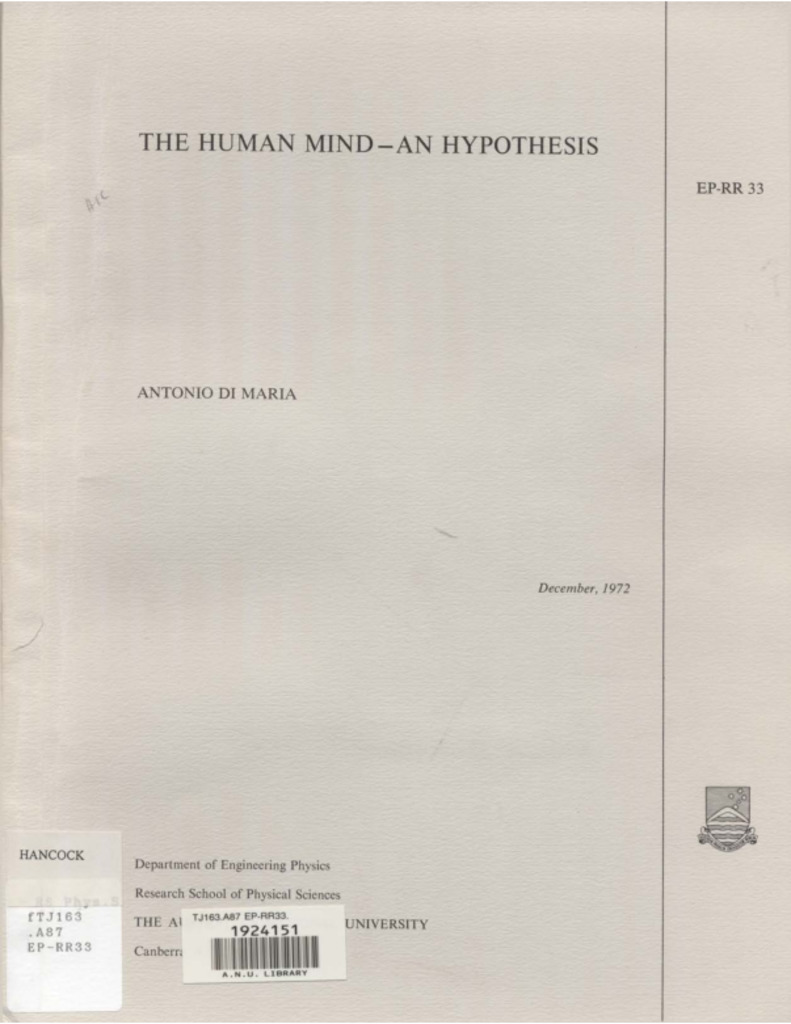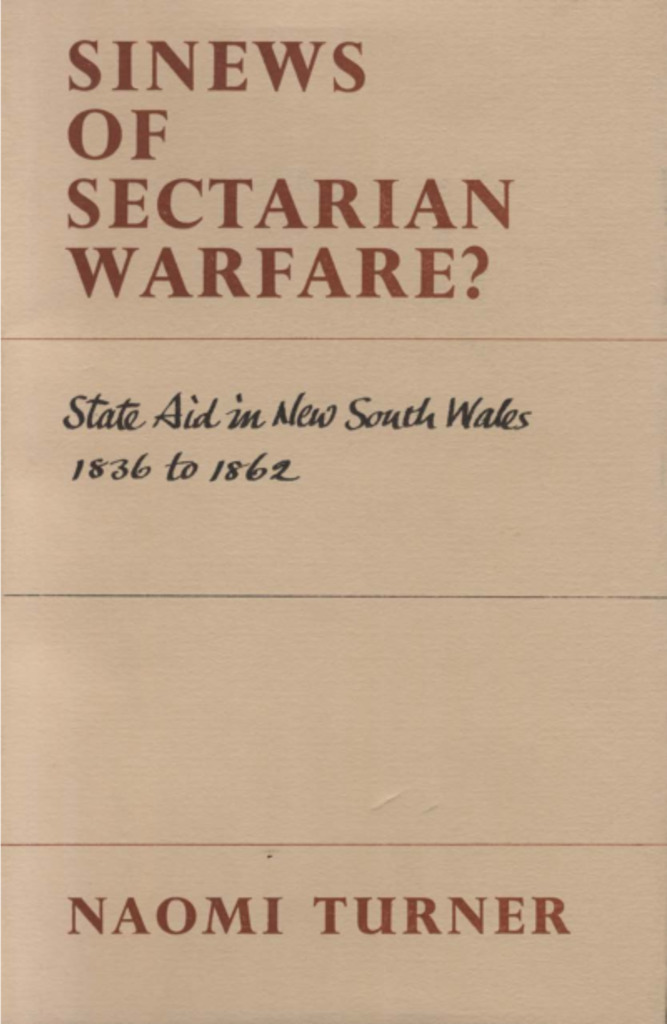
Sinews of sectarian warfare?: State aid in New South Wales, 1836-1862 »
Publication date: 1972
Controversy over government financial support of religion is not new. Though the issue of aid to the clergy is dead, that of aid to denominational schools is still a subject of sometimes heated discussion. In the years between 1836, when the Church Act introduced state aid to the Colony of New South Wales, and 1862 when, after widespread agitation, aid was abolished by the Grants for Public Worship Prohibition Act, a large proportion of the Colony's population was embroiled in dispute. In this book, Dr Turner examines the arguments for and against state aid, taking the theme that the 1862 Act was a natural development from the pressures inherent in the 1836 Act. Although the Anglican Church{u2019}s monopoly was broken by the latter Act, the ideal of parity for all denominations, derived from the colonists{u2019} demands for equality and justice, was never achieved. Sinews of Sectarian Warfare makes a significant contribution to an understanding of the relationship of the state to the social, religious, and political events of the time and will be of particular value to historians of the period. But because the events, and the controversy that surrounded them, still influence all Australians, this book should be read if the issues involved in the current state aid debate are to be fully understood and appreciated.
